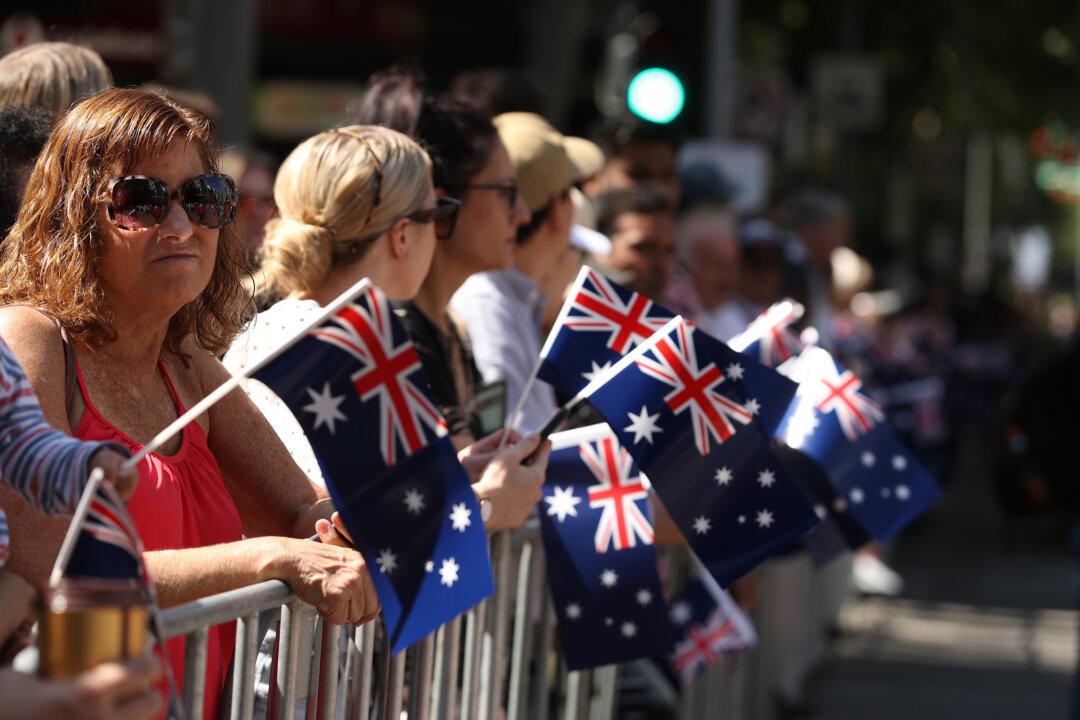Commentary
Every year at about this time, the unpatriotic Left begins its campaign to cancel or obliterate that long-established celebration known as Australia Day.

Every year at about this time, the unpatriotic Left begins its campaign to cancel or obliterate that long-established celebration known as Australia Day.